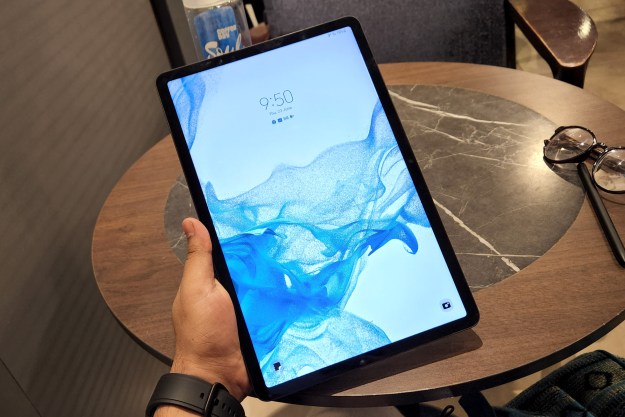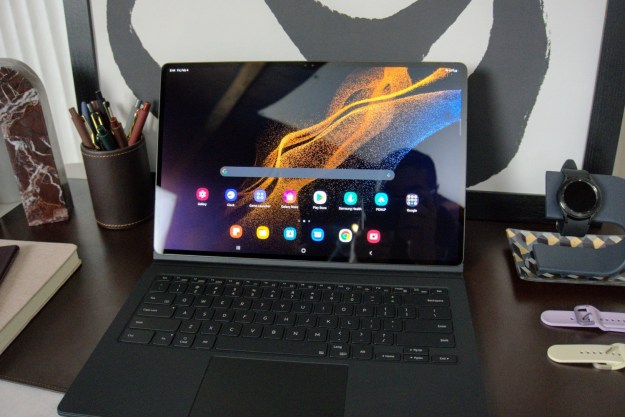Samsung says it’s committed to using 100 percent renewable energy to power its key factories, offices, and other facilities by the year 2020. The company plans to reach this target in the United States, Europe, and in China, all of which it says are, “well-equipped with infrastructure for the development and transmission of renewable energy.”
In its home country of South Korea, Samsung is also working with the government on a plan to up the use of renewable energy nationwide by 20 percent over the coming 12 years. While it hasn’t gone into detail about how it will meet the international renewable energy goals it has set out, there is more information on its efforts at home.
This year, Samsung will install a lot of solar panels. At its Suwon, South Korea headquarters a massive 42,000 meters squared of new panels will be erected, followed by another 21,000 meters squared of panels at the beginning of 2019. This second wave, along with geothermal power, will provide energy for its Pyeongtaek buildings, and a year later the Hwaseong facility.
Samsung understands any efforts it makes will be more effective if it’s joined by other companies. In 2019, it will work with 100 of its main partners to implement renewable energy plans, and to assist in meeting targets. It has also become part of the World Wildlife Fund’s (WWF) Renewable Energy Buyers’ Principles, which helps businesses to achieve energy goals, joining other tech companies including Microsoft, Cisco, HP, AMD, Intel, and Google.
Greenpeace, a vocal critic of Samsung’s environmental policies, called the announcement, “a major step forward,” and noted that 17 of Samsung’s 38 global factories fall into the regions where it will switch to renewable energy. It also states only 1 percent of Samsung’s current energy consumption comes from renewable sources, showing the challenge Samsung has ahead of itself with the promise.
Once it has converted over to renewable energy in these regions, Samsung will be closer to matching archrival Apple’s renewable energy claims. In April, Apple said all its global facilities were powered by 100 percent clean energy, including not only its huge Cupertino campus, but also its retail stores and data centers. It also works with 23 suppliers that produce Apple components using 100 percent clean energy. Google also offset its entire 2017 electricity use through purchases of renewable energy from solar energy and wind farms.
Editors' Recommendations
- Samsung has a new (and cheaper) way to buy the Galaxy S23
- Samsung may have made a horrible decision with the Galaxy S24
- The Samsung Galaxy S24 just leaked with a few big surprises
- Samsung has a cheaper (and greener) way to buy a Galaxy S22
- The Galaxy S23 has a big display problem that no one’s talking about




